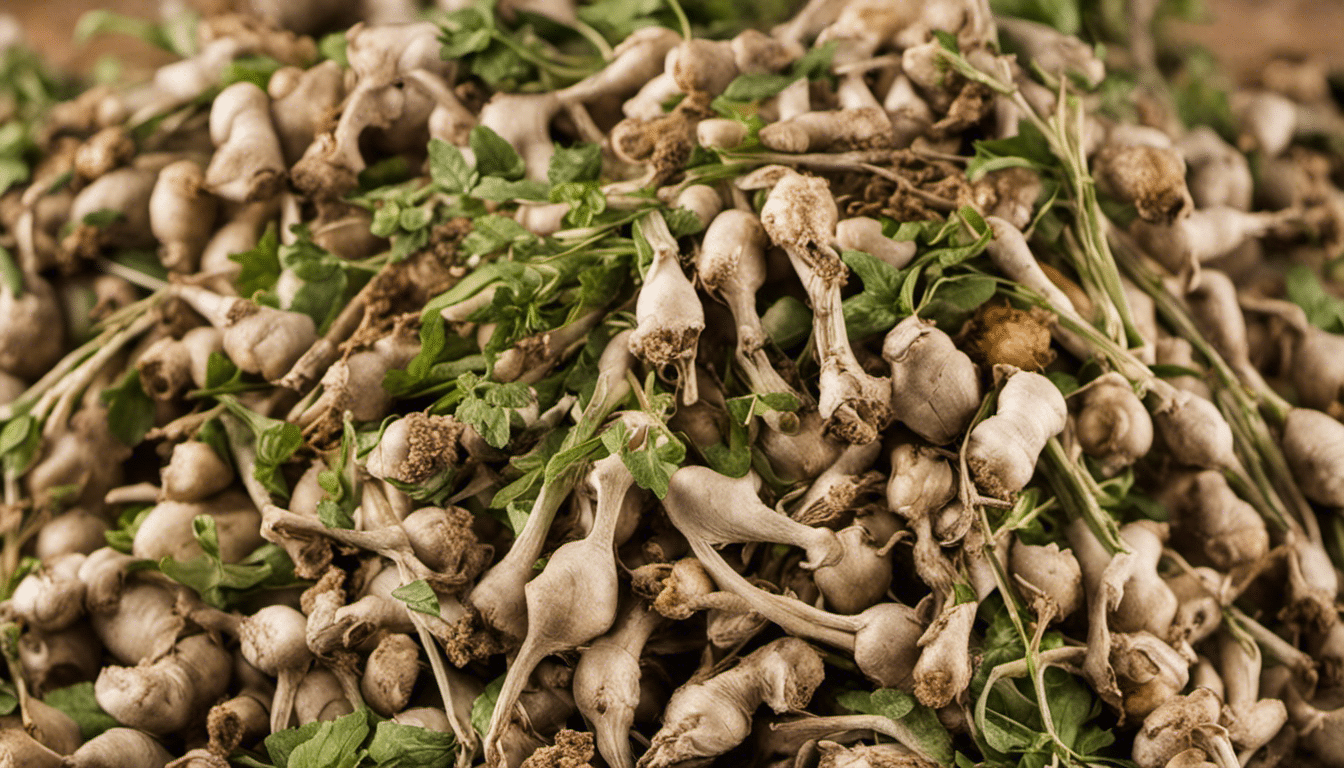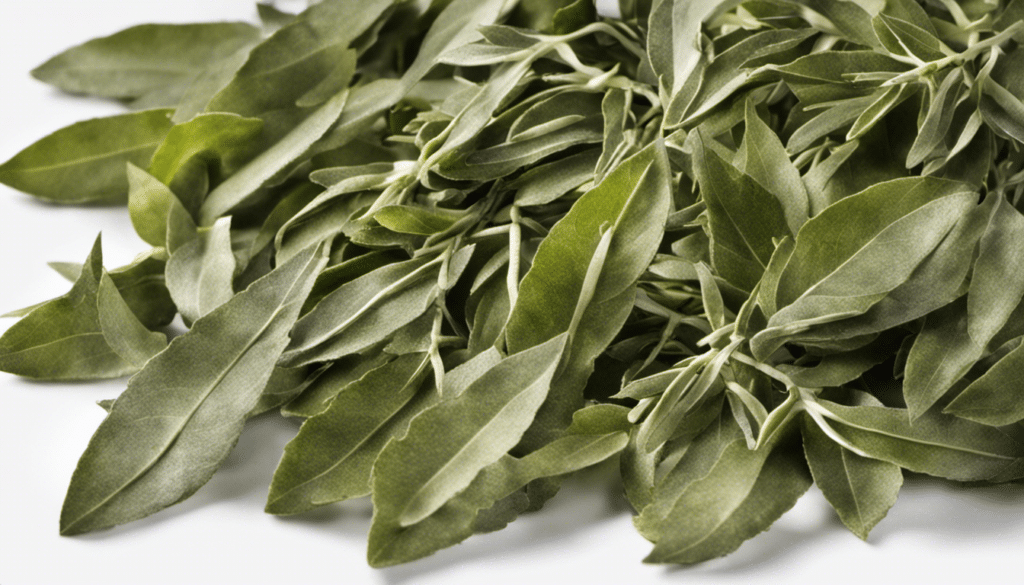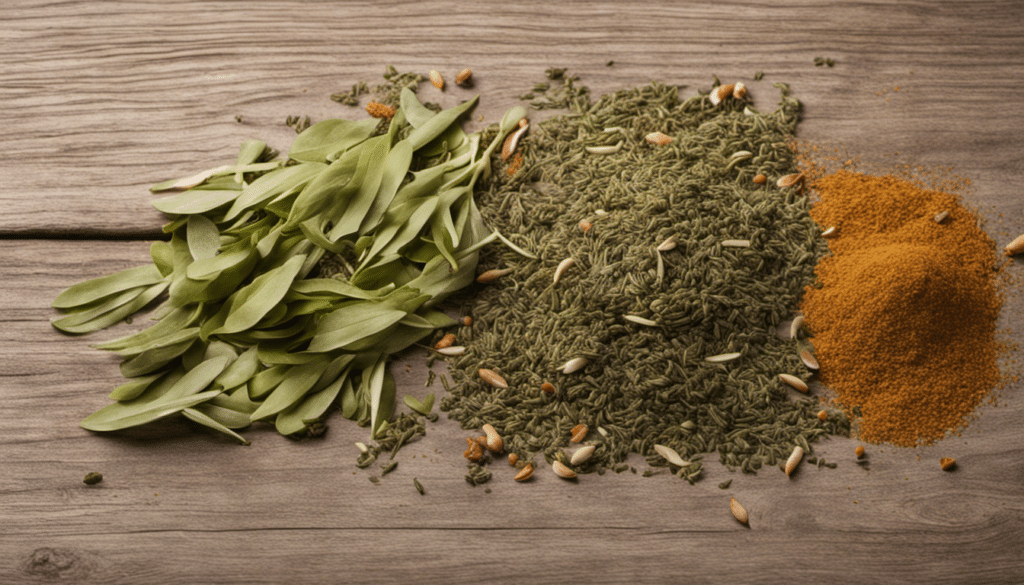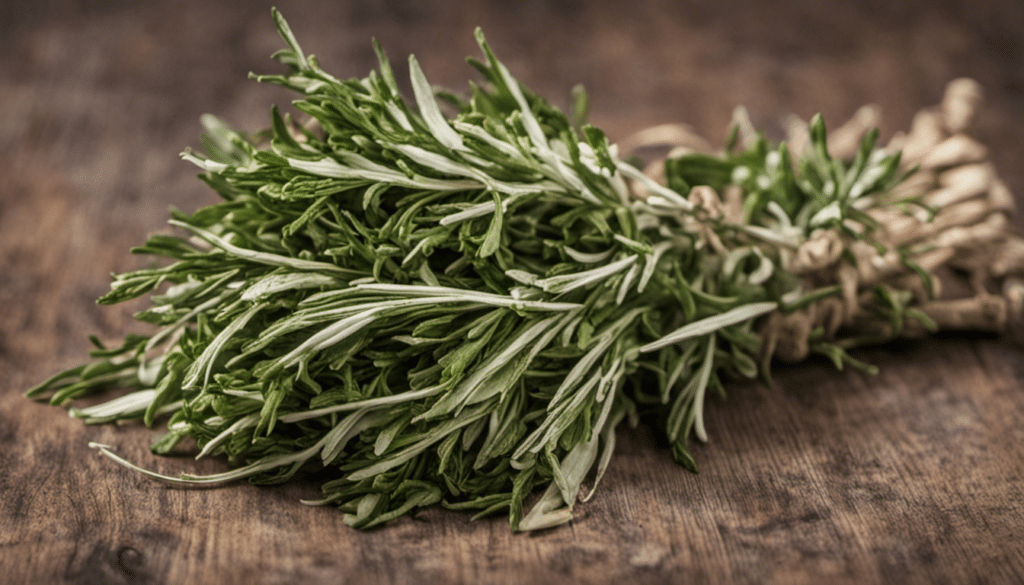Everything You Need to Know About Sheep Sorrel
A Brief Overview of Sheep Sorrel
Sheep Sorrel, scientifically known as Rumex acetosella, is a unique herb that’s getting popular attention in modern cuisine, although its roots date back centuries. This herbaceous perennial is native to Europe and Asia, woven into the fabric of traditional medicine, folklore, and culinary practices. Beyond Europe and Asia, Sheep Sorrel made its way to North American soil and established itself in New Zealand and Australia over the years.
It’s not uncommon for this small, colourful plant to adorn meadows and fields with its lovely red and yellow flowers. However, Sheep Sorrel is more than just a pretty face. It’s also incredibly resilient, flourishing in a wide range of soil types, including those considered infertile or sandy.
Alternate Names of Sheep Sorrel
Sheep Sorrel is a globe-trotter, acquiring various names along its journey. It’s also known as Sour Weed, Field Sorrel, and Red Sorrel. In French, it’s called “Oseille Saur,” and in German, “Sauerampfer” – both of which translate to ‘sour sorrel’ because of the plant’s distinctly tangy flavor.
This tangy taste makes Sheep Sorrel a unique addition to many dishes. With its slightly sour, lemon-like zing, it can enhance the depth of flavor in salads, soups, and stews. Whether used fresh or dried, the culinary applications of herbs like Sheep Sorrel are endless.
Health Benefits and Nutritional Value
Despite its tiny stature, Sheep Sorrel packs an impressive nutritional punch! It’s known for its high concentration of Vitamin C, making it an excellent immune booster. You’ll also find a good dose of Vitamin A and minerals such as magnesium, potassium, and phosphorus in this humble herb.
Traditionally, Sheep Sorrel has been used as a diuretic and as a remedy for inflammation and skin conditions. Modern science supports many of these traditional uses – research suggests that Sheep Sorrel may have anti-inflammatory and anticancer properties, making it a remarkable herb indeed.
However, it’s essential to keep in mind that anything powerful enough to help can also harm at certain levels. Like most sorrels, Sheep Sorrel contains small amounts of oxalic acid, which can be toxic when consumed in excessive amounts. Thus, it’s always recommended to maintain a balanced diet and vary the type of herbs and greens we eat.
All in all, the Sheep Sorrel is a beautiful mix of history, versatile culinary uses, and potential health benefits. As we continue to explore the world of herbs and spices, it’s clear that sometimes the smallest plants can hide the most fascinating secrets.
Sheep Sorrel Recipe Ideas
- Lentil Soup with Sheep Sorrel and Vegetables
- Sheep Sorrel and Potato Pie
- Garlic Sheep Sorrel Chicken Stir-Fry
- Sheep Sorrel Pesto Pasta
- Homemade Sheep Sorrel Hummus
- Roasted Salmon with Sheep Sorrel Sauce
- Sheep Sorrel and Spinach Quiche
- Grilled Lamb with Sheep Sorrel Rub
- Sheep Sorrel and Dill Potato Salad
- Vegetarian Sheep Sorrel Tacos




